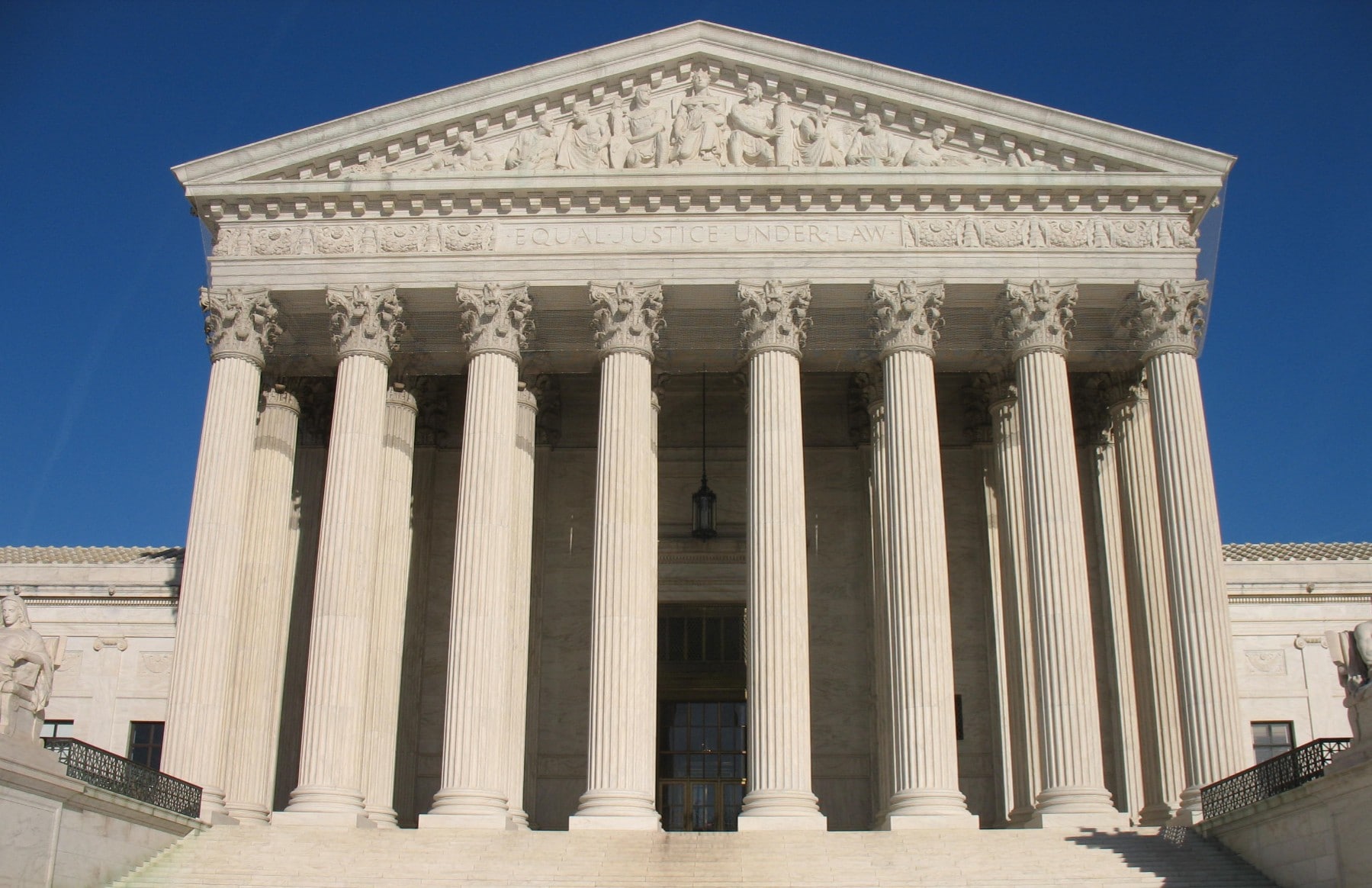Kristen Clarke, the executive director of the Lawyers’ Committee for Civil Rights Under Law, wrote a CNN opinion column decrying President Trump’s last-minute Supreme Court nominee, Amy Coney Barrett, as “a perfect choice for half of America.” She is actually a perfect choice for none of America—at least when it comes to hard issues that impact people across partisan lines.
It’s true that for skim-reading Republicans or certain types of one-issue voter, there is a lot to like about Coney Barrett. She is a staunch conservative and devout Catholic, married with seven children. She is on record as a major abortion opponent, and has even expressed skepticism about the wisdom of widely available contraceptives. There should be little about her that could turn off party-line conservatives and “pro-life” voters.
And yet, most people do not live in a world where they have the luxury to care mainly about one issue. A person’s stances on many matters tend to be contextual. There are countless white suburban parents, for example, who strongly endorse Republican talking points, like that financially struggling people can allegedly overcome any disadvantage if they work hard enough—and who believe in tough-on-crime dogma, too. Until they found out their kids were using illegal drugs. All of a sudden, they want to talk about rehab and second chances, and definitely not jail.
Second chances quickly vanish for the teenager or young adult who is caught by the police with drugs, but not streetwise enough to keep their mouth shut. Such a kid often thinks spilling the beans will grant them more understanding or empathy in the system. The reality is that defense attorneys are not just being glib when they say, “Don’t talk to the police.”
Anything you say may be used against you in a court of law. The reason arresting cops have to say that is Miranda v. Arizona—a 1960s Supreme Court case.
District attorneys have enormous leeway in considering whether to drop a drug case or see it through, however. Many young people end up getting diversion or better for drug “offenses” that constitute normal adolescent experimentation.
But some don’t. Race, gender and class drastically alter your odds. Maybe the judge doesn’t like a kid’s attitude, or saw that they were suspended from school once. Then, the young adult and their parents quickly learn how many employers will screen out a job application due even to a misdemeanor drug possession charge.
She has stated that Miranda is her best example of the Supreme Court’s “choice to overenforce a constitutional norm.”
That is an issue that affects everyone—not at all equally, but nonetheless widely. It’s also an issue that Judge Coney Barrett is bad on—for everyone.
She has stated that Miranda is her best example of the Supreme Court’s “choice to overenforce a constitutional norm”—in this instance, the right against self-incrimination.
To Coney Barrett, this is a problem because it “inevitably excludes from evidence even some confessions freely given.”
For constitutional textualists—a school of thought overwhelmingly associated with conservative jurists—“freely given” is not determined based on the context of people’s life experiences and psychological circumstances, but simply by whether a person suspected or a crime said something to the police (absent torture or similar tactics).
Perhaps Coney Barrett’s thought process derived from thinking about cases where a serial rapist or killer admitted his crimes, then later successfully sought to suppress that evidence because the police did not advise him against self-incrimination with the exact right words.
There may have been a few cases that have arguably come close to that, but even Ernesto Miranda, the man from the famous case, was convicted of rape again at his new trial, even without the admissibility of his confession to police. Coney Barrett’s blanket view, if she is consistent with her jurisprudential philosophy, should make us doubt whether she would show any empathy toward a teenager caught with drugs.
In a country that continues to suffer unbearably from an overdose crisis, with “deaths of despair” on the upswing in urban cores and rural white regions alike, it seems like a bipartisan no-brainer to be skeptical of Trump’s choice.
Photograph of US Supreme Court by Kjetil Ree via Wikimedia Commons/Creative Commons 3.0




